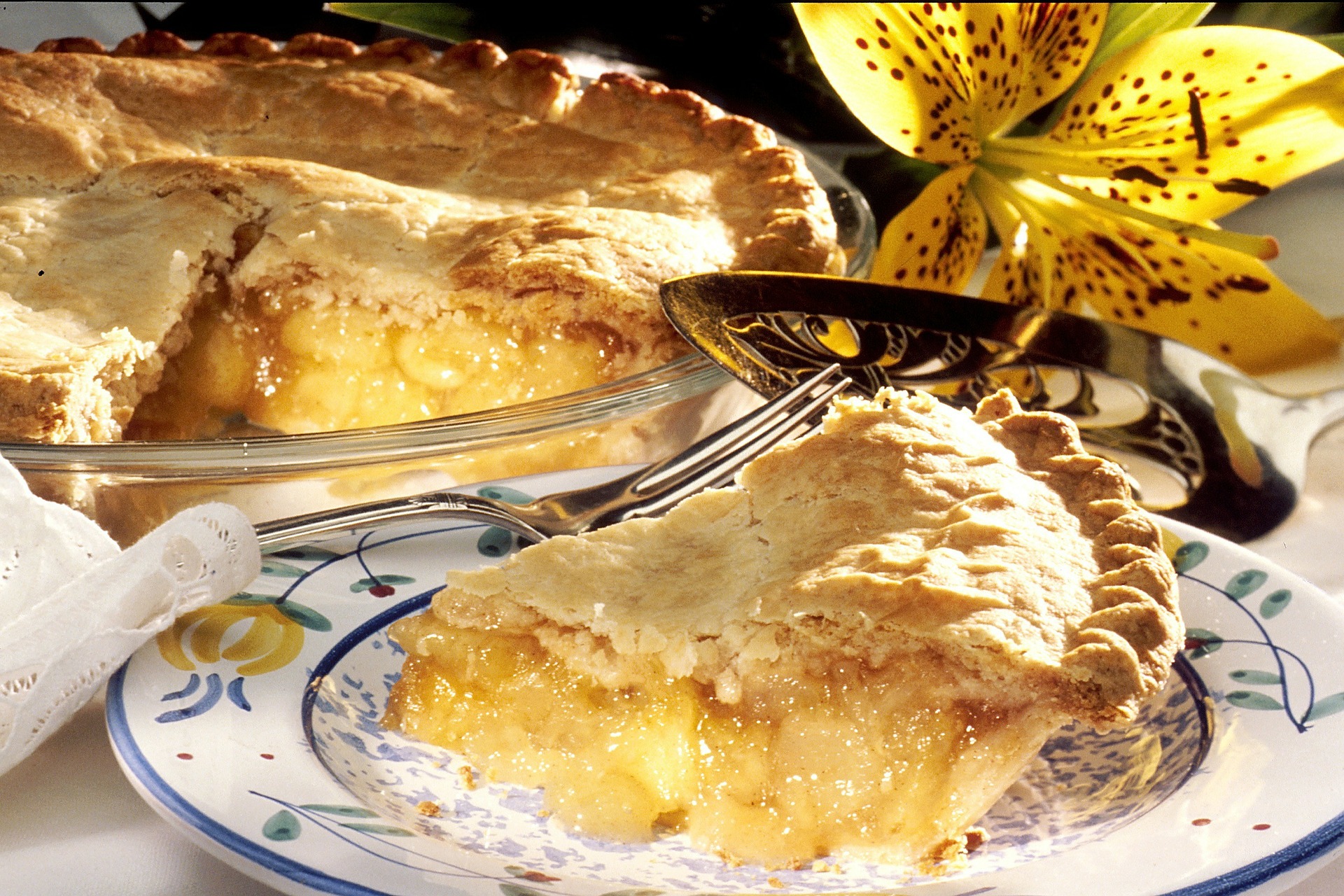I’ve always found it funny that they call it “comfort food.” Wouldn’t that imply that everything else is discomfort food? Comfort food implies that something is delicious but unhealthy, producing warm, fuzzy memories. In comparison, healthy foods seem bland and at best tolerated in the hopes of good health. But do healthy foods really have to be the polar opposite of so-called comfort foods?
Warm and fuzzy
When you think of comfort food, what dishes come to mind? According to Wikipedia, typical American comfort foods include: apple pie, biscuits and gravy, chili, chocolate chip cookies (high up on my list), french fries, fried chicken, grits, ice cream, mac & cheese, pizza, etc. Perhaps there are others on your list. I’m Polish, so I’d definitely add my aunt’s pierogies to my list!
Speaking of comfort…
So what exactly are comfort foods anyway? Specifically, they are “…foods whose consumption provides consolation or a feeling of well-being. Foods… that offer some sort of psychological, specifically emotional, comfort. It is often suggested that comfort foods have a high calorie content (that they are high in sugar and/or carbohydrates), and that they tend to be associated with childhood and/or home cooking. Indeed, comfort foods are often prepared in a simple or traditional style and may have a nostalgic or sentimental appeal, perhaps reminding us of home, family, and/or friends.”
That’s quite a mouthful! The gist is that comfort foods are foods that make us feel good, often having played that role in our childhoods. Interestingly, we gravitate towards them for different reasons…
Good and bad
Research shows that people turn to comfort foods when in good moods and during bad moods. That is, comfort foods can cheer us up if we’re down, while they’re also part of celebrations. I mean, when was the last time you had birthday cake made with broccoli?!
It’s important to consider how comfort foods show up in your life. When do you tend to have them or crave them? The answer to that question will help you see the role they play in your life. For some, it is an old buddy who pops up from time to time, whereas for others, it’s an unwanted neighbor who invites themselves over all the time!
Homemade
It doesn’t help that comfort foods are pushed on us. For instance, one way that restaurants and grocery stores try to sell comfort foods is to say they are homemade. But what does that actually mean? I looked it up and there’s no official, agreed upon definition. Hmmm, sounds like marketing hype to me! It implies that a food was made fresh and doesn’t have any preservatives. Doesn’t sound so bad if that’s true, does it?
Looking within
While homemade food is probably a lot better for you than food made to sit on a shelf for years, you should also consider the ingredients. Since it is made in-house, you should be able to find out what’s in it fairly easily. Keep in mind that homemade foods can still include tons of sugar, unhealthy fats, artificial and low-quality or poorly-sourced ingredients.
American pie
Does this mean that all of the foods above are necessarily unhealthy? Well, that depends. Chicken soup isn’t necessarily unhealthy, but it can be depending on its ingredients. On the other hand, while you might think that apple pie is generally unhealthy (except for the apples), there are definitely exceptions. I once got apple pie at a healthy grocery store. It was completely organic and contained: apples, dates, cinnamon, almonds, raisins, and Himalayan sea salt. Not too shabby for “apple pie” eh?!
Creature comforts
With a little creativity, you can take an unhealthy dish and substitute in ingredients for healthier alternatives. When that’s not possible, strategically plan less than healthy comfort foods into your routine. Otherwise, you’ll have the mentality of being on a diet and comfort foods will feel like cheating. “Cheat meals” tend to make us feel guilty, and lead to more cheating.
Getting more comfortable
What is one comfort food that you’ve transformed into a healthy alternative? If you don’t have one, then what is a comfort food you’d like to improve upon?? Let’s brainstorm how we can improve it!
(Dis)comfort Food
Do comfort foods have to be unhealthy? And do healthy foods have to be bland?

